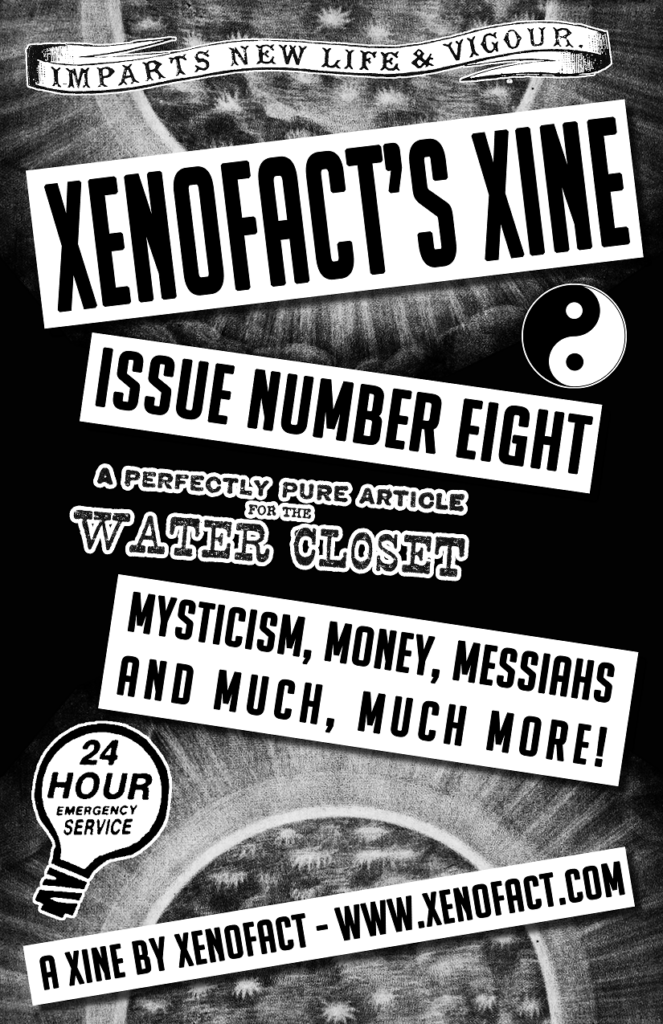I was recently reading Thomas Cleary’s The Tao of Politics. These are extracts from the heavily Taoist document the Huainanzi. Having read another set of extracts (Original Tao), I thought it would be a refresher, and helps convince me to buy a full translation which is 1000 pages long. As of this writing, it’s in the mail, so I got convinced.
However, beyond my compulsion and Cleary’s ever-excellent translations, he made an interesting comment on the Huainanzi and Taoism. The Huainanzi was written in a time of rebuilding after a painful period of war, a look back and a plan for the future. Cleary noted other formative Taoist documents, the Tao Te Ching and Chuang-tzu were written in times of war, and were affected as such. These were Taoist documents but written in radically different times.
That got me thinking about history and the words of wisdom we seek. Yes, we all know writings we partake in are written “of the time,” under certain conditions, and so forth. We accept that, but Cleary’s comment made me think that we know that but maybe we really need to think about it.
We may read books and scripture and so on that are written of their time, but even books of the same lineage like these Taoist documents are written under radically different situations. This isn’t different generations alone, these are people who wrote between war and peace, destruction, and construction, dying randomly from civil strife or having a chance to not do so.
I think it really behooves us to look at documents of our philosophical and mystical efforts and when we see something of it’s time, pause and reflect on that. Maybe we don’t just read and admire and learn from the great minds and philosophers in our library but ask what were they going through and seeing. History is experienced.
It’s said that Lao Tzu, author of the Tao Te Ching wrote it while hightailing it out of a city in disgust with the age. Sure, it’s probably mythical-metaphorical, but people of the time might get it as wise guys were saying “screw this, I’m riding a buffalo into the mountain” because things sucked.
It’ll help us better understand what we read because we get the time, the who, and the why. It’ll also let us have some empathy on those we seek to learn from. That above comment about bugging out of society makes me feel some sympathy for Lao Tzu even if he is a pen name or metaphor. Sometimes I want that buffalo – and boy do I get Chuang-Tzu’s desire to be poetically sarcastic as hell.
But another advantage to this? When you look at philosophical lineages – again like Taoism – across time, the writings occur in radically different situations. However among those books and essays across centuries you read, there are consistent patterns. Those consistent patterns are lessons that have survived different times, places, events – they’re worth learning from.
None of us are outside of history. When understanding timeless wisdom, we need to understand history to learn what’s transcended it – and understand what people went through. The timeless and the specific together.
-Xenofact

